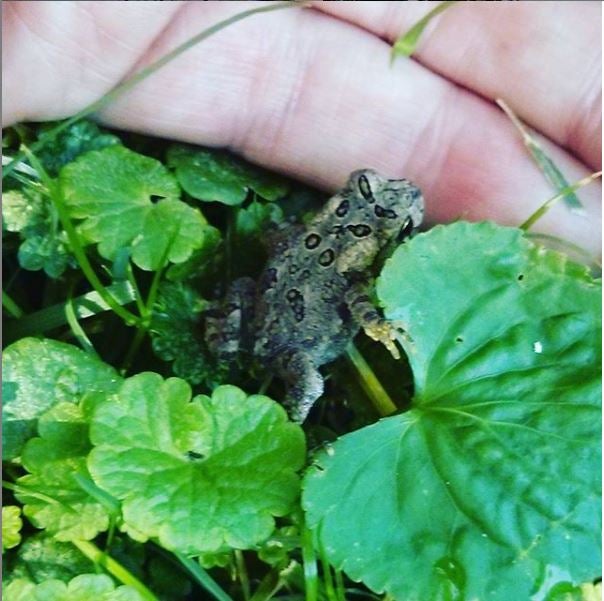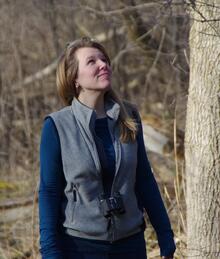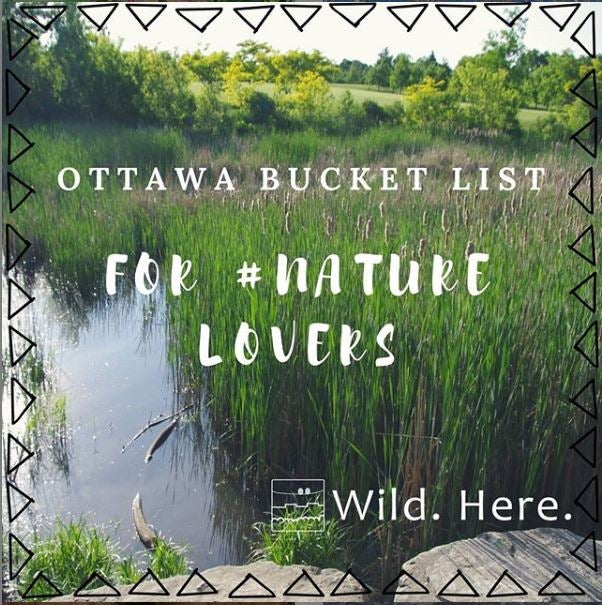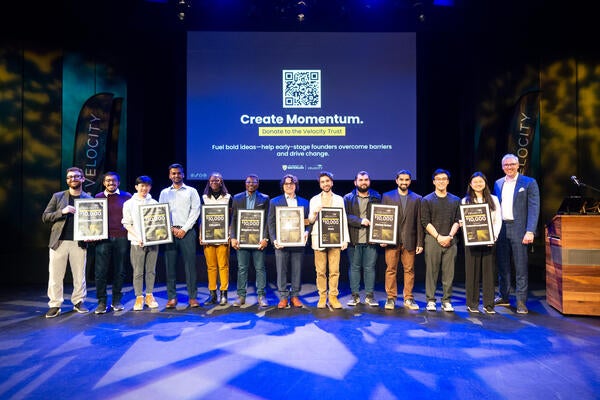
It started with a leap of faith
All I knew was that I wanted to do something with nature.

All I knew was that I wanted to do something with nature.
By Katherine Forster (BES ’93) AlumnusI knew I wanted to use what I had learned at the University of Waterloo in terms of urban planning and cities, and infuse it with green and with a new way of shaping and appreciating our urban environment. I had started seeing cities in a different way and was keen to share this vision and inspire others with the potential.

Flashback almost 20 years: My first unique take on cities was during my fourth year of Urban and Regional Planning at Waterloo, where I wanted to focus on sustainable urban transportation. Nowadays, complete streets are in the forefront of city planning and livable cities, but when I started my research for my Seniors Honours Essay (SHE), I had to look to Europe to understand what was truly possible. I had chosen Dr. Norman Pressman as my SHE supervisor due to his “Winter Cities” course that had inspired and motivated me with its examples from Scandinavia and other northern cities. But after graduating and enjoying a busy career in environmental planning (working with local bicycle advisory groups, a New York state regional transportation organization, and helping project manage a federal government sustainable transportation program), I was ready to move on.

What I’ve realized on this new career path is that taking a leap of faith takes courage, especially when the future path isn’t clear.
This idea for a change in careers had started percolating when I reduced my work hours and used the time to volunteer. Looking back, I think I was trying to find the same inspiration that I had found through some of my UW courses. In real life, there’s no course catalog though! So instead I looked up local outdoor projects and chose those that seemed compelling. Finally, the leap happened after seventeen years in transportation and two years after my initial foray into volunteering: I went back to school.

After graduating with an Ecosystem Management diploma, I helped design a program that inspires and educates faith and spiritual communities on the sustainability and ecological value of their properties. I also started writing about the benefits of local nature connection in the city. Through this writing, I’ve connected with new partners and enjoyed some great collaborations: with artists, who have installed poetry in green spaces, with neighbourhood organizations, designing nature scavenger hunts, and with ecological groups promoting nature walks. Every new step just seems to lead to the next opportunity, and this new career is a great merging of my various skills. Along with my writing (which I honed during my four years at university!), I’m also using my management and collaboration skills from my previous career and applying them to my new area of expertise: ecology and native flora and fauna.

What I’ve realized on this new career path is that taking a leap of faith takes courage, especially when the future path isn’t clear, but following what you love never steers you wrong in the end.
As an urban biophilic entrepreneur, Katherine Forster divides her time between promoting the benefits of sustainable and ecological gardens and sharing the joys of urban nature connection through her Wild. Here. online initiative. Read more about how to restore, revitalize and recharge with nearby nature at the Wild. Here. blog.

Read more
Redefining capstone learning by bringing students, faculty and community partners together to tackle real-world challenges

Read more
Here are the people and events behind some of this year’s most compelling Waterloo stories

Read more
From non-invasive health care solutions to sustainable construction material and AI-driven coaching, the funding supports future-centric ventures
The University of Waterloo acknowledges that much of our work takes place on the traditional territory of the Neutral, Anishinaabeg, and Haudenosaunee peoples. Our main campus is situated on the Haldimand Tract, the land granted to the Six Nations that includes six miles on each side of the Grand River. Our active work toward reconciliation takes place across our campuses through research, learning, teaching, and community building, and is co-ordinated within the Office of Indigenous Relations.